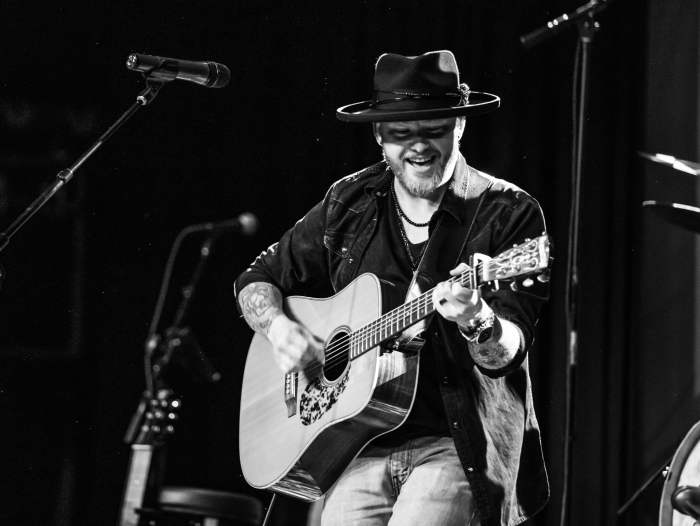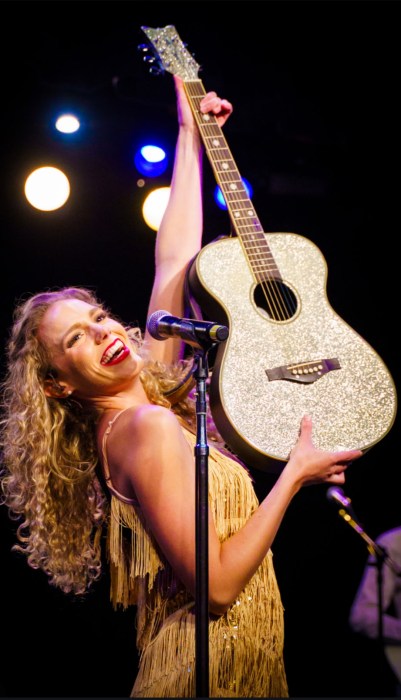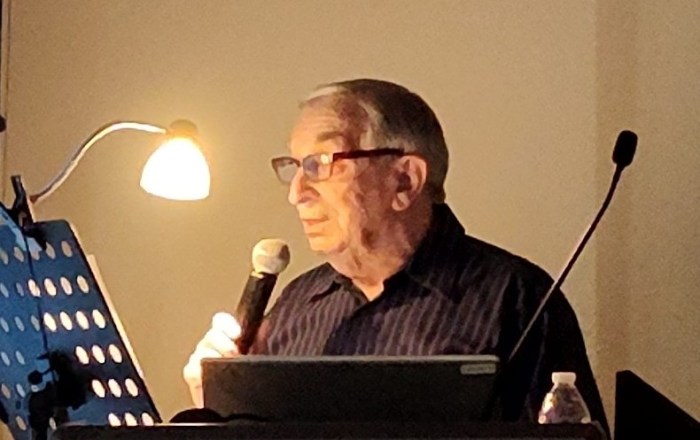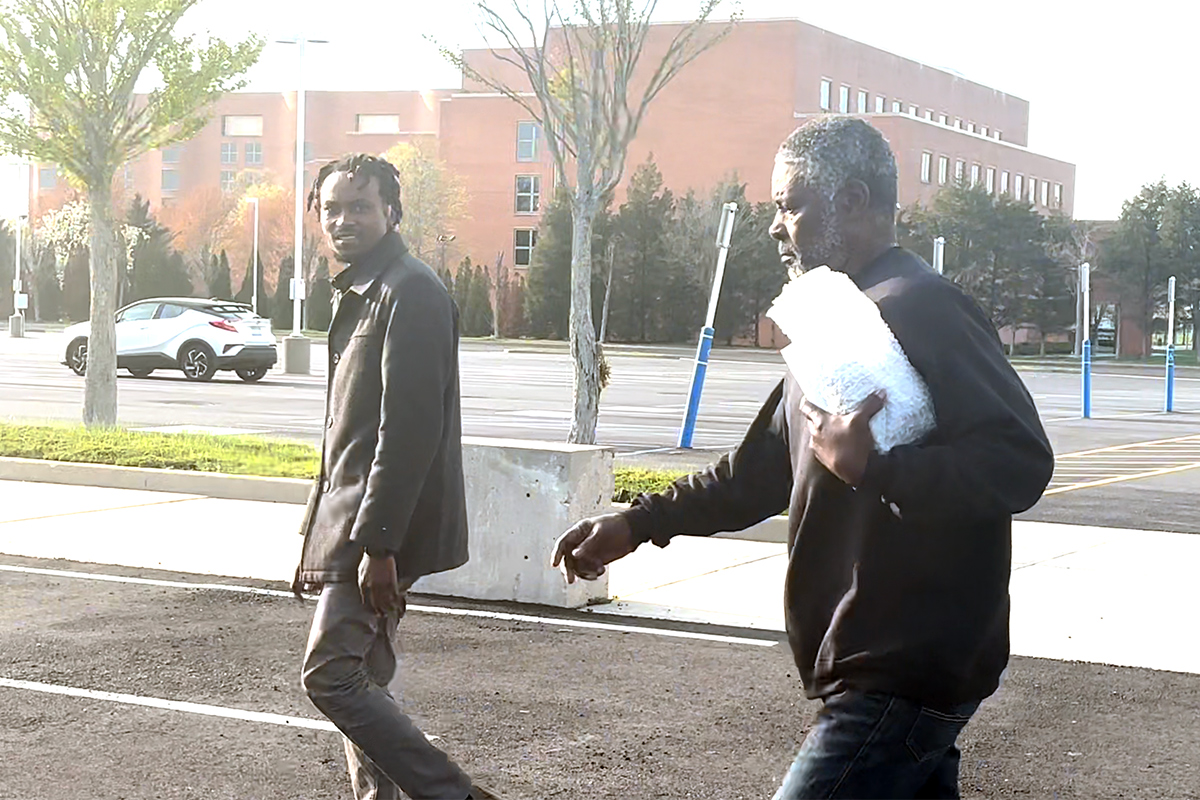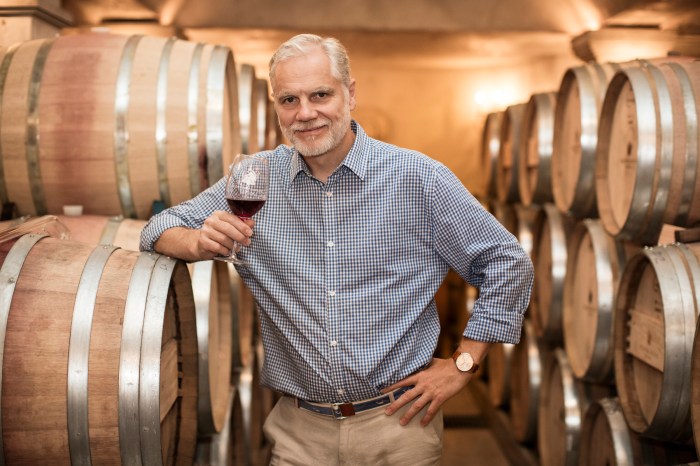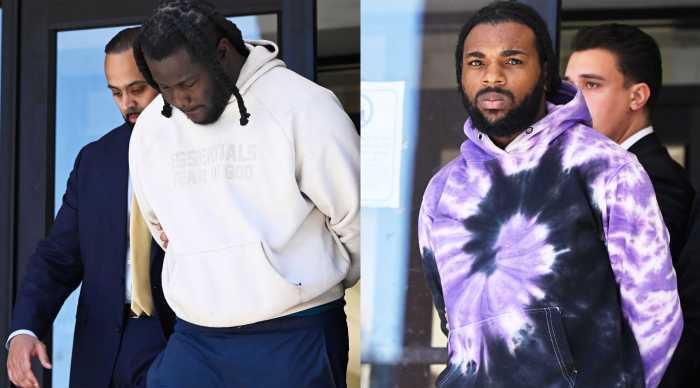
If music is food for the soul, then Lenny Kravitz should be considered a master chef. Not unlike his idol, Prince Rogers Nelson (who Kravitz gives special gratitude to in the liner notes of the latter’s eleventh studio album, last year’s Raise Vibration), the New York City native is a one-man band. Along with the usual guitar, bass, drums and piano, the 55-year-old musician added bongos, glockenspiel, Fender Rhodes, kalimba and Coral sitar to the recipe that makes up the dozen songs on his latest outing. Recorded at his home studio in Eleuthera, Bahamas, Raise Vibration was conceived through a series of dreams. Call it a stream-of-unconsciousness.
“What was magical about this experience was that it was all given to me in dreams. This was the first time that an entire record was dreamt, as opposed to me just living, being awake and all of a sudden hearing something in my head. These all came from being asleep and waking up between the hours of 3 and 5 a.m. and having these songs in my head. It was a very interesting and freeing experience. You take your mind, ego, and whatever preconceived ideas you have—all of that comes out. You’re receiving what it is that is yours and I love that,” Kravitz explained.
“Once the floodgates open, it just goes and you have to keep up with it. You also have to wake up because sometimes you’re asleep and comfortable. The pillow feels good and the covers are just right and you think that you’ll go back to bed and remember it. Eight times out of 10, you don’t remember it. So you have to get up and at the very least, record the basics with your phone or whatever you’ve got there. Grab a guitar that’s by the bed and hum into the recorder. Or, in some cases, I just get up and go down to the studio in three minutes, which is down a little path here where I live in the Bahamas,” he added.
For these 12 songs, Kravitz worked with longtime friend and collaborator Craig Ross, bringing in extra musicians later on in the recording process. As someone who has been known for embracing notions of brotherhood and unity dating back to his 1989 debut Let Love Rule, Kravitz has continued down this path in what comes off as a musical clap-back to the societal divisions that are a constant nowadays. With couplets like “We’re not here to judge/We are here to love/There’s no room for hate/We are just human race,” the piano ballad “Here to Love” delivers the message while somehow avoiding any kind of mawkish sentiment. Equally effective is “It’s Enough,” a hypnotic seven-minute workout that channels Curtis Mayfield through a veil of chugging bass lines, ethereal Minimoog, percussion and scatting while addressing racism, police brutality and environmental destruction. From here, Kravitz juices up the funk on “The Majesty of Love,” a swirling dervish of punchy horns, snappy Clavinet and space-age synth swooshes that defies the listener to not bob their head. Arguably the most heartfelt number is “Johnny Cash,” a song inspired by the memory of losing his mother Roxie Roker back in 1995. Kravitz was staying at producer Rick Rubin’s house at the same time Johnny and June Carter Cash were there working on a record. On the way back from visiting his mom in the hospital, Kravitz was informed that she died as he was in transit. When both Cashes saw him and were informed of her passing, they held Kravitz and consoled him, becoming in Kravitz’s words, “…family for that moment.” Not surprisingly, the song is one of his favorites on the current album.
“Oh man, I thank God that I was given that song. I’ve got to tell you when I was writing it, I had no idea what was happening. Again, it was one of those dreams. I heard the whole song—the melody, chords and everything—but the only lyric I had when I woke up was, ‘Hold me like Johnny Cash’ and I had no idea what that meant,” he said. “Because I was not thinking of that moment I had with him when my mom died. Then, as the lyrics began to come, I realized what I was writing about and it was quite profound to me. I love that song.”

Since Raise Vibration came out last year, Kravitz has been tirelessly touring, hitting Europe twice and swinging through Asia, Australia and South America, with plans to return through those areas of the world along with the United States. As someone who was inspired to perform after seeing the Jackson 5 at Madison Square Garden when he was 6 years old (“I was in first grade and I had been listening to their records and loved their music. I saw the concert and that was it.”), Kravitz considers the live music experience as being a sacred communion between artist and audience. While it would be easy to dismiss this sentiment as being some kind of Earthy crunch bromide, there is no mistaking Kravitz’s sincerity regarding this experience being both a musical and spiritual connection. It’s particularly evident when he’s asked about what attendees can expect when they come out to see him play.
“What can [fans] expect? I’m always weird about that question. What they can expect is a connection through the music. It’s about the music—this music belongs to the people in the audience as much as it belongs to me because this music is the soundtrack of their lives, right? I don’t say this with any ego at all. I say that with actual gratitude and humility because when people come up and tell you that this song got them through this. Or that song was what helped them through various trials and tribulations. Or how they got married after they met this man or woman and this song was part of our experience,” he said. “All of that is really humbling to me. People come to the show, the gathering or whatever you want to call it to hear this music and go back through their lives and relive those feelings. And that’s beautiful. What I want to make sure happens every night for me and the audience is a connection that is about unity, love, inclusion and all these things that are so important, especially now. When I leave the stage and feel that we are all riding the same wave for two hours and 15 minutes or whatever it is—we were all riding this wave together. And we’re feeling each other. That’s what I want and I believe the audience can expect.”




